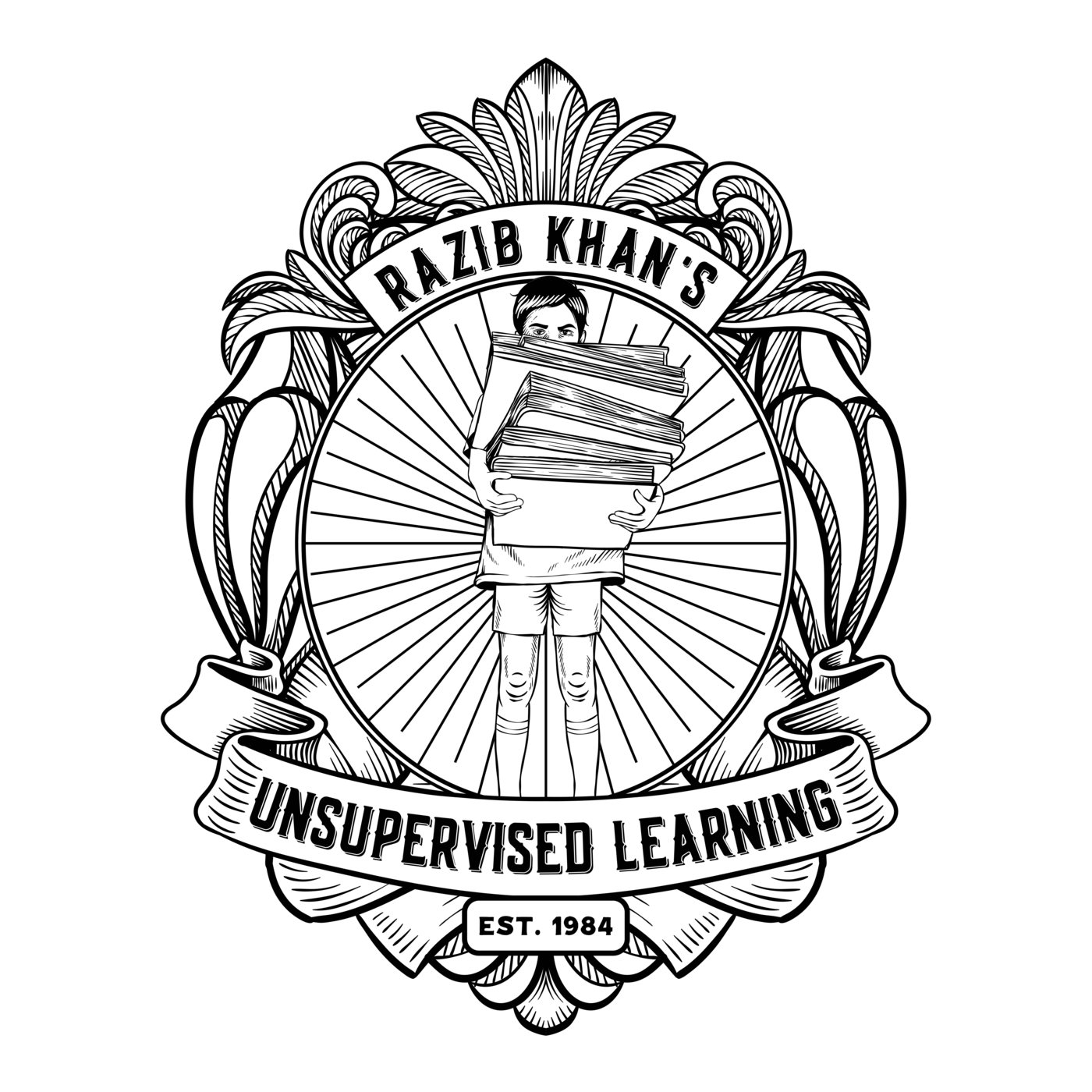IBW Episode #2: Muslims vs. LGBTQIA+
https://razib.substack.com<br /> <br /> This is where you will find all the podcasts from Razib Khan's Substack and original video content. On this episode of Unsupervised Learning Razib hosts three guests, Sarah Haider of A Special Place in Hell (and her own Substack), Shadi Hamid of the Brookings Institute (and Wisdom of the Crowds and his own Substack) and Murtaza Hussain of The Intercept (and his own Substack), for the second episode of the “Intellectual Brown Web” (here’s episode #1). Razib, Haider, Hamid and Hussain discuss the recent clashes between Muslim Americans and the LBTQIA+ movement. Was it inevitable? Was the “War on Terror” simply a two-decade interregnum interrupting the alignment of Muslims with social conservatives? And what is the place of Muslim intellectuals and politicians in the progressive movement going forward? Haider has written about how the Muslim-progressive alliance in American politics will unravel, and in this episode, she defends the contention that it naturally falls out of the theological propositions embedded within Islam. Hamid and Hussain in contrast argue that though the tensions are real, there is a possibility of a pluralistic solution, preserving fidelity to Islamic beliefs. All agree that the main issue is the challenge that progressive reworking of gender identity poses to traditional norms and traditional religion and that the Muslim immigrants in places like Hamtramck speak for many Americans in their confusion and sublimated hostility to the changes that they see in American society around them. Related: ‘A sense of betrayal’: liberal dismay as Muslim-led US city bans Pride flags, American Muslims are increasingly ready to find common ground with conservatives against the radical Left and CAIR demands apology from Montgomery County councilwoman over 'offensive' remarks.

